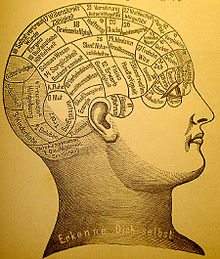Practicing psychologists can help with a range of health problems and use an assortment of evidence-based treatments to help people improve their lives. Most commonly, they use therapy (often referred to as psychotherapy or talk therapy). There are many different styles of therapy, but the psychologist will choose the type that best addresses the person’s problem and best fits the patient’s characteristics and preferences. Some common types of therapy are cognitive, behavioral, cognitive-behavioral, interpersonal, humanistic, psychodynamic or a combination of a few therapy styles. Therapy can be for an individual, couples, family, or other group. Some psychologists are trained to use hypnosis, which research has found to be effective for a wide range of conditions including pain, anxiety, and mood disorders. For some conditions, therapy and medication are a treatment combination that works best. For people who benefit from medication, psychologists work with primary care physicians, pediatricians, and psychiatrists to create a comprehensive treatment plan. Three states, New Mexico, Louisiana, and Illinois, have laws allowing licensed psychologists with additional, specialized training to prescribe from a list of medications that improve emotional and mental health disorders, such as depression and anxiety.









